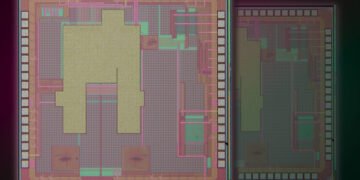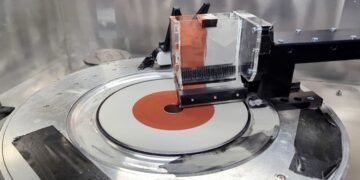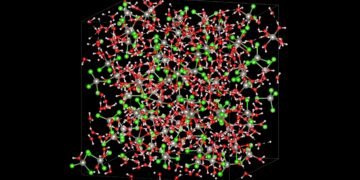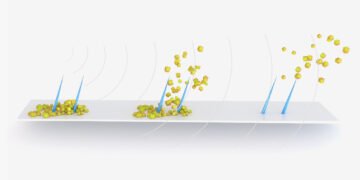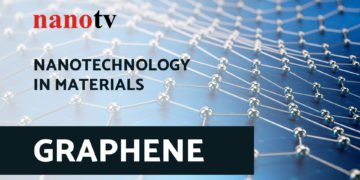Scientists at International Advanced Research Centre for Powder Metallurgy & New Materials (ARCI), an autonomous R&D Centre of Department of Science and Technology (DST), Govt. of India, have developed and patented a bi-layer, scratch-resistant, anti-reflection coating on glass and silicon wafer substrates using a cost-effective dip-coating technique which can increase the power conversion efficiency of solar thermal systems.
The coating was developed with the help of a low refractive index Silica (SiO2) based composite layer on a high refractive metal oxide layer, either Titania or Zirconia. The bi-layer coatings exhibited high abrasion and scratch resistance properties, meeting industrial standards.
Antireflective coating enhances the power conversion efficiency for both photovoltaic (PV) and concentrated solar thermal (CST) systems. There are a few state-of-the-art wet chemical-based antireflective coating technologies available for solar and optical applications, but they are not scratch resistant. Development of scratch-resistant antireflective coating can extend operational life. However, it is quite a challenge to achieve all functionalities in a single coating. Moreover, most of the coatings developed by wet chemical methods are porous & single layer due to the usage of soft materials (MgF2 and SiO2) to attain low refractive index.
ARCI has developed a bilayer coating comprising of ZrO2 and SiO2 in the form of Gradient refractive index to achieve the high scratch resistance. This coating developed by ARCI Scientists yields a maximum transmittance of 98.4 %on glass over the entire visible range from 400 to 800 nm, and low reflectance less than2.02 % on silicon wafer substrate over entire solar active range (300–1500 nm). The coating exhibited excellent net enhancement of 8 – 10 % in the Power conversion efficiency for a Photovoltaic mini-module and exhibited high mechanical stability, i.e., it can withstand up to 6H pencil hardness test.
This invention has been granted an Indian patent No: 314900 on 27/06/2019 titled ‘Process for Producing Antireflective Coatings with Scratch Resistance Property.’
Realising the practical importance of this technology, several companies are interacting with ARCI to evaluate this technology under various field conditions.












